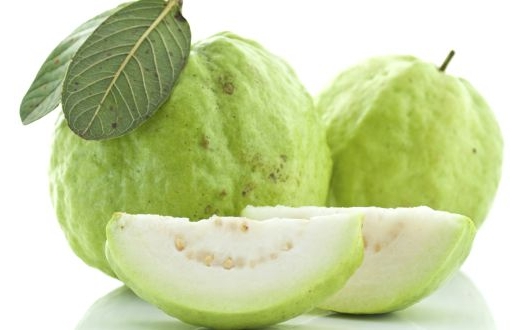Guava: Properties and benefits
The guava (Acca sellowiana, or also known as feijoa) reports interesting properties for health, although its taste is slightly bitter. Green on the outside and white on the inside (although other varieties of red or orange pulp), this small fruit comes from a typical shrub of the mountainous areas of South America. We are going to see, more thoroughly, what are the properties and more valued benefits of the guava.
Properties
Guava has antibacterial, detoxifying and antioxidant properties. It is rich in vitamin C and provitamin A, minerals (magnesium, potassium), lipids, flavonoids, essential oils and mucilage, which makes the Guava also, is an excellent ingredient for the preparation of skin creams with antioxidant, firming and dermo purifier effect.
The guava also has a mild laxative effect, being a good remedy in cases of constipation. On the other hand, thanks to its antioxidants content, guava helps to counter the premature aging and the effects of free radicals. Its benefits not only for skin, but to protect the body related to premature cell aging diseases.
This fruit can also be a good ally to prevent certain diseases of the thyroid and, thanks to its antibacterial properties, useful against fungi and bacteria that cause gastrointestinal discomfort. It also has a detoxifying effect, helping to purify the toxin organisms. Thanks to its vitamin C helps prevent flu and other seasonal diseases. Moreover, the presence of polyunsaturated fats (omega 3 and omega 6) helps to reduce levels of bad cholesterol in the blood.
Guava contains 70 calories per 100 grams, so that it can be included without problems in the diet of those who want to lose weight or maintain the line.
How to take guava
Guava can be eaten steamed, with or without shell, or in juices and smoothies. It is also possible add to cocktail recipes, desserts and ice cream, and prepare guava jam (half kilo of sugar for per kilo of guavas).
